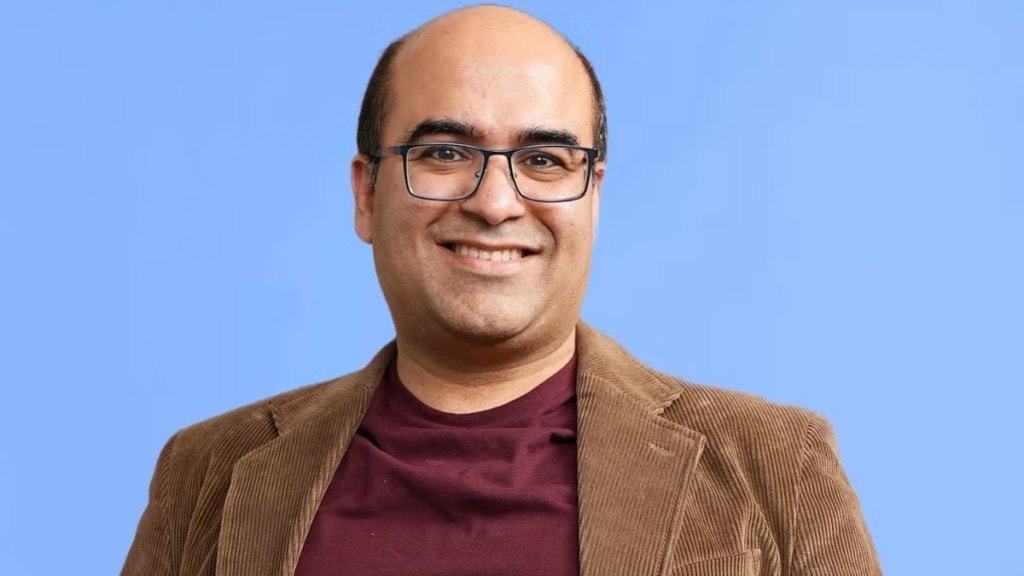As the AI supercycle picks up, Krishna Mehra, AI Partner at Elevation Capital, breaks down the venture capital firm’s AI investment thesis. In a conversation with Ayanti Bera, he spells out what makes Indian founders competitive globally, how to cut through the AI noise, and why product craft and adaptability trump traditional moats in today’s AI cycle. Excerpts:
Q. What areas in AI is Elevation Capital most excited about right now?
A. We’ve been extremely active in the past year, with 15 to 20 new and follow-on investments across the AI spectrum. Our investments span core areas such as developer tools and data infrastructure, horizontal and vertical applied AI, and AI-driven services. These bets are driven by the belief that India’s engineering and product talent can build globally defining companies.
Q. What’s happening in applied AI, and where are the promising use cases coming from?
A. In the Applied AI space, we’ve seen horizontal plays, ie, products used by designers, video editors, or traders, where bottom-up adoption is strong. Vertical AI is also heating up. We’re seeing compelling innovation in healthtech, financial services, and even construction. We believe this sector is insulated from disruption by large companies but still ripe for change.
Q. You also mentioned AI in services- what’s happening there?
A. This is a fast-evolving category. We divide it into three buckets: customer support, KPO/BPO-style workflows, and code/system integration. While some startups are AI-native from day one, others are buying out traditional services firms to reinvent them and some others are building tools for existing service providers. We’re seeing activity across all three models.
Q. A common observation is that Indian AI startups scale only after gaining traction in the Valley. Do you agree?
A. I don’t think it’s about geography but about the phase of the AI cycle. We’re still early, and there is a massive white space. Indian founders are smart and ambitious and many validate their ideas here using the large-scale Indian tech ecosystem but look abroad for monetisation, given a stronger willingness to pay. Building for global markets is not optional- it’s fundamental to becoming a category-defining company.
Q. What are you looking for in founders starting an AI venture?
A. In AI, every three months, product-market fit and moats can shift, so the real moat right now is adaptability. We are looking for founders with high product craft, strong distribution instincts, and the hustle to reinvent themselves constantly.
Q. How are you assessing AI startup valuations, especially compared to other sectors?
A. In AI, what used to take two years can now be built in three months. Adoption is equally fast, both for top-down and bottom-up. That’s why valuations are high. We’ve seen seed-stage companies hit $3 million annual recurring revenue (ARR) in under 18 months. Some deals are being done at 50x or even 200x revenue multiples. But we don’t lead with valuation- we lead with conviction. If we deeply believe in a founder or an idea, valuation becomes a secondary conversation.
Q. What are the red flags you watch out for in AI pitches?
A. We try to gauge if the traction is real or just hype. Is the adoption based on true pain points or experimentation? Also, is the product truly AI-native or just a thin layer of AI on a legacy tool? And finally, with so much noise, can the founder cut through the clutter and stand out?
Q. What are the key execution challenges for your portfolio companies?
A. Adaptability is a big one. Founders need to constantly evolve as LLMs shift the ground beneath them. Creative distribution is another challenge. And talent, especially AI researchers, is extremely hard to hire. But India has strong AI engineering talent that’s world-class and is increasingly building globally competitive products.
Q. What trends are you seeing now?
A. We’re seeing a wave of multi-modal innovation- voice is huge, and agents that execute end-to-end workflows are gaining traction. With memory, model architectures, and video/image tech evolving fast, the next year could be game-changing. We’re still early in the AI supercycle. If you’re hungry and ambitious, there’s never been a better time to build.

